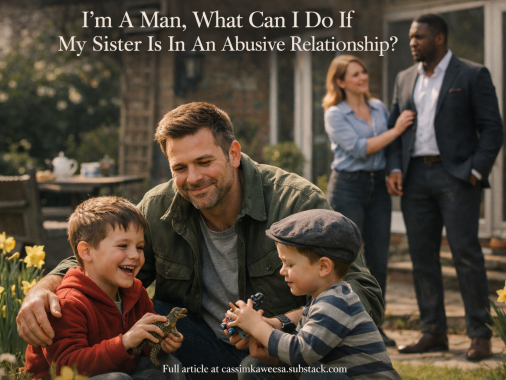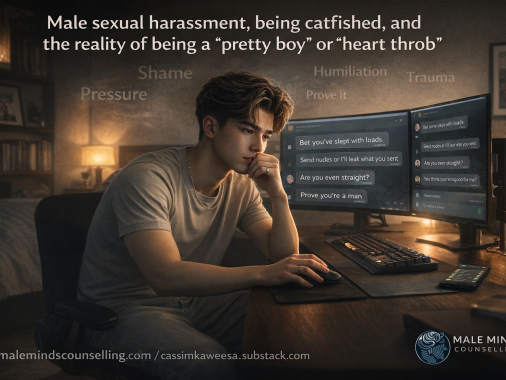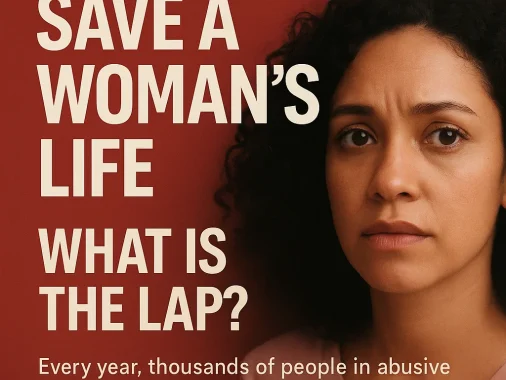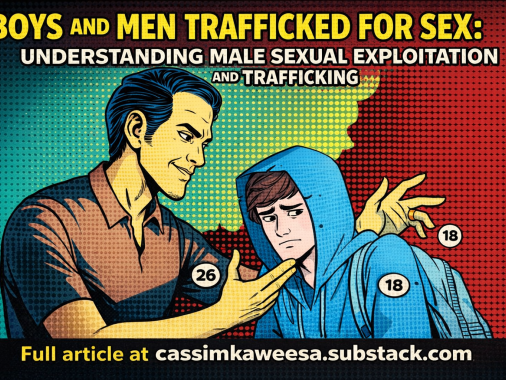
I’m A Man, What Can I do If My Sister Is In An Abusive Relationship?
You are a man. You love your sister, and somewhere deep in your gut, you know that something is not right. It is not just a thought. It is a tightening in your chest, a shift in the air when he walks into the room, or a look she gives you that lasts a fraction […]

Male Sexual Harassment, Being Catfished, and the Reality of Being a “pretty boy” or “heart throb” – How therapy can help boys and been who have been sexually harassed
In 2014 a photograph of a teenage boy stacking shelves at a store went viral. Overnight, Alex Lee became a global talking point. He was working at Target. Someone took a photo. The internet decided he was beautiful. Within days he had hundreds of thousands of followers. Within weeks he was overwhelmed by sexual comments, […]

Women still face violence and harassment – 11 questions that could save a woman’s life – What Is the LAP?
Every year, thousands of people in abusive relationships reach out for help—but many do so too late. What if there were a simple set of questions that could predict when someone is at risk of being killed by their partner? That’s exactly what the Lethality Assessment Program (LAP) was designed to do. When law enforcement […]

Boys and Men Trafficked for Sex: Understanding Male Sexual Exploitation and Trafficking
Male Sex Trafficking | Male Survivors of Sexual Assault Did you know that boys as young as 8 years old have been bought, sold, and sexually exploited throughout history? AND it is happening in Britain TODAY. You seem surprised, come on now. Let us not be naive. Most people assume girls are the main victims […]
Get in touch
Feel free to contact me if you have any questions about how counselling works, or to arrange an initial assessment appointment. This enables us to discuss the reasons you are thinking of coming to counselling, whether it could be helpful for you and whether I am the right therapist to help.
You can also call me on +44 78528 98135 if you would prefer to leave a message or speak to me first. I am happy to discuss any queries or questions you may have prior to arranging an initial appointment.
All enquires are usually answered within 24 hours, and all contact is strictly confidential and uses secure phone and email services.
